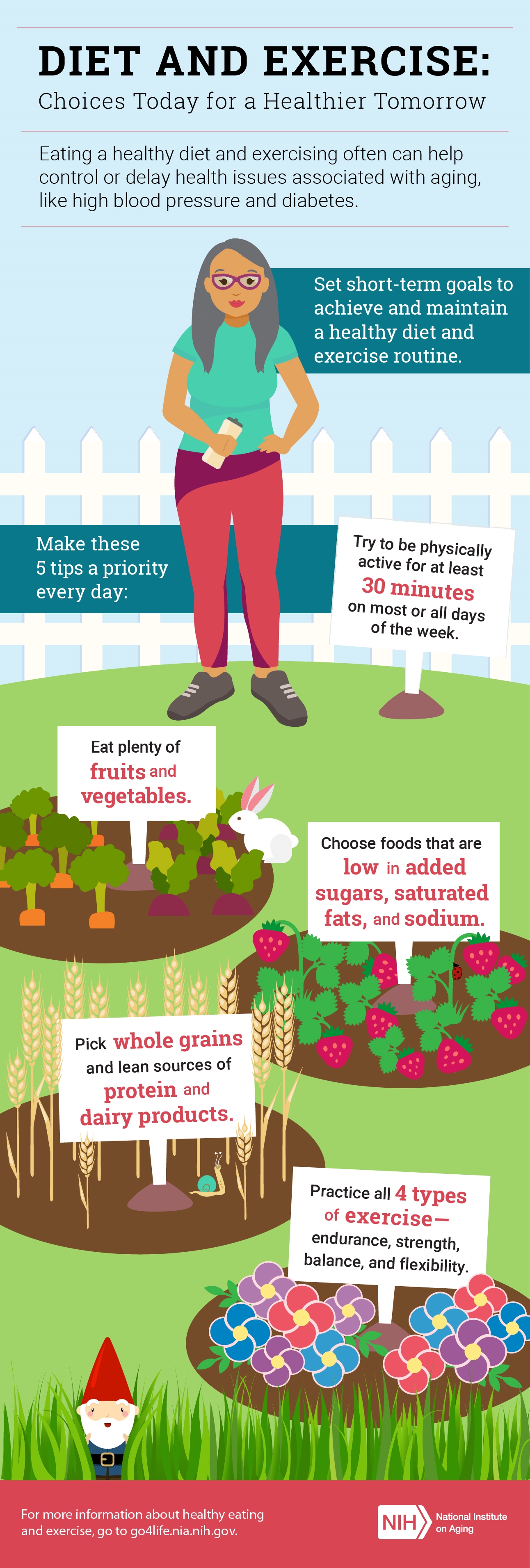The Best Diets for 2018
Most of us want to eat better, but sometimes its not easy to choose from all the diet options available. Primarily, people go on a diet to lose weight, but for others the priority is to improve health. There are dozens of diets on the market, but for a plan that works, here are the best diets for 2018, whether you want to lose weight or eat well for heart health or to manage diabetes.
To gain the best results from a diet, remember that physical exercise is as important as the foods you eat, with a suggested guideline of 20 minutes of moderate intensity exercise each day.
DASH Diet

The Dietary Approaches to Stop Hypertension (DASH) diet is designed especially for those who want to reduce the risk of heart disease. Eating high fat foods can lead to high blood pressure, high cholesterol levels and obesity, so the DASH diet is high in fruits, vegetables, whole grains, fish, poultry, and low-fat dairy and reduced levels of salt. Food that have high levels of sugar or saturated and trans fats are limited.
Whilst the diet is designed to prevent and lower high blood pressure by increasing calcium, protein and fibre, the DASH diet can also be good for your waistline. It is also an excellent diet for those living with diabetes.
Mediterranean Diet

This diet takes its name from the Mediterranean countries who follow a diet high in fruits and vegetables, as well as healthy fatty foods like fish, nuts and olive oil. The amount of red meal, sugar and saturated fat in this diet is small. Like the DASH diet this is a diet for those who want to improve hearth health or want to control diabetes, though it is good for everyone, particularly in preventing diabetes for those who may be at risk of it developing.
The Mediterranean diet claims to not only keep weight off, improve heart health and both prevent and control diabetes, but also avoid a number of chronic diseases, including cancer. The countries bordering the Mediterranean Sea live longer and suffer less than other populations in western Europe and North America from cancer and cardiovascular ailments.
Flexitarian Diet

A flexible-vegetarian diet encourages a vegetarian diet for most of the time, but does not cut out meat entirely. Following a flexitarian diet over time will see weight loss, a reduced change of heart disease, diabetes and cancer. The term came from a registered dietitian Dawn Jackson, who says the diet will make you healthier and add years to your life, whilst still being able to enjoy a burger or steak on occasion. Read more about this diet.
Weight Watchers

Weight Watchers is one of the best-known commercial diets and the longest running, having been founded in 1963. This popular diet works on a points system where each food has a number of points, based on their nutritional values, with more points for less nutritional foods and beverages. A daily allowance is set for each person.
Whilst about one-third of weight lost from dieting is regained within a year, Weight Watchers can be used to lose weight or to maintain weight loss. Weight watchers understands that there is more to weight loss than counting calories, so making healthier choices and changing behaviours, along with a support system that helps dieters not only keep the pounds off, but shift mindsets with the support from people who lost weight and maintained a healthy weight using Weight Watchers and have also been trained in behavioural weight management techniques.
Volumetrics

People who follow the volumetrics diet focus on the number of calories in a certain amount of food, also known as the energy density in foods. Foods that have high energy density have a lot of calories in a small amount of food, whilst low energy density foods have less calories for more food. Low energy density foods include low-fat milk, grains, and non-starchy fruits and vegetables. The theory is that you eat the same amount of food that you always have, but most foods are low-density that can be eaten in high-volume and yet still lose weight at the rate of one pound per week and never feel hungry.

